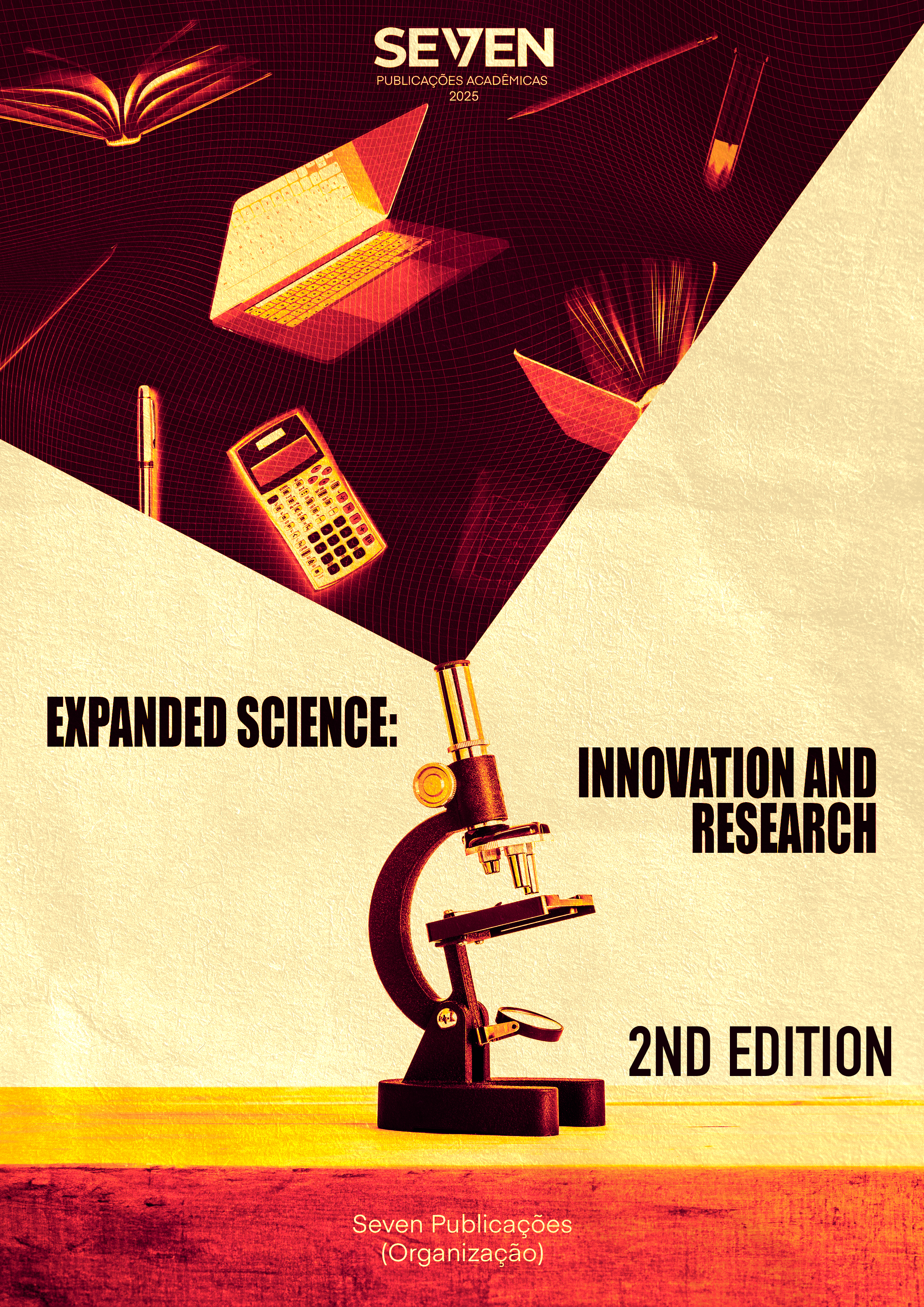MILITARY DOCTRINE AND TECHNICAL-MILITARY COOPERATION AS DRIVERS OF INDUSTRIAL DEVELOPMENT IN DEFENSE: STRATEGIC LESSONS FROM SOUTH AMERICA APPLIED TO THE ECUADORIAN CONTEXT
Keywords:
Military Doctrine, Technical-Military Cooperation, Defense Industry, Adaptive Doctrine, Military InteroperabilityAbstract
The new contexts in the fields of defense demand flexible strategies and policies that enable adaptation and immediate responsiveness in crisis scenarios. This research focuses on analyzing doctrine as a regulatory category within technical military cooperation processes and how this relationship shapes policy progress and the development of defense industrial capacities in South America. Through a theoretical qualitative approach, based on a descriptive analytical and comparative document analysis, 23 academic articles and official documents were examined, highlighting doctrinal experiences, cooperation initiatives, and policy implementations aimed at strengthening the regional defense industrial base. The results reveal the need to transform doctrine, consolidate its adaptive nature, and foster the emergence of technical military cooperation programs as key pillars for the technological advancement of States. Furthermore, the study emphasizes the necessity of reformulating Ecuador’s defense doctrine to integrate national capabilities, reinforce technical ties with regional strategic partners, and promote a civil – military technological innovation ecosystem.
Downloads
Published
Issue
Section
License

This work is licensed under a Creative Commons Attribution-NonCommercial 4.0 International License.





